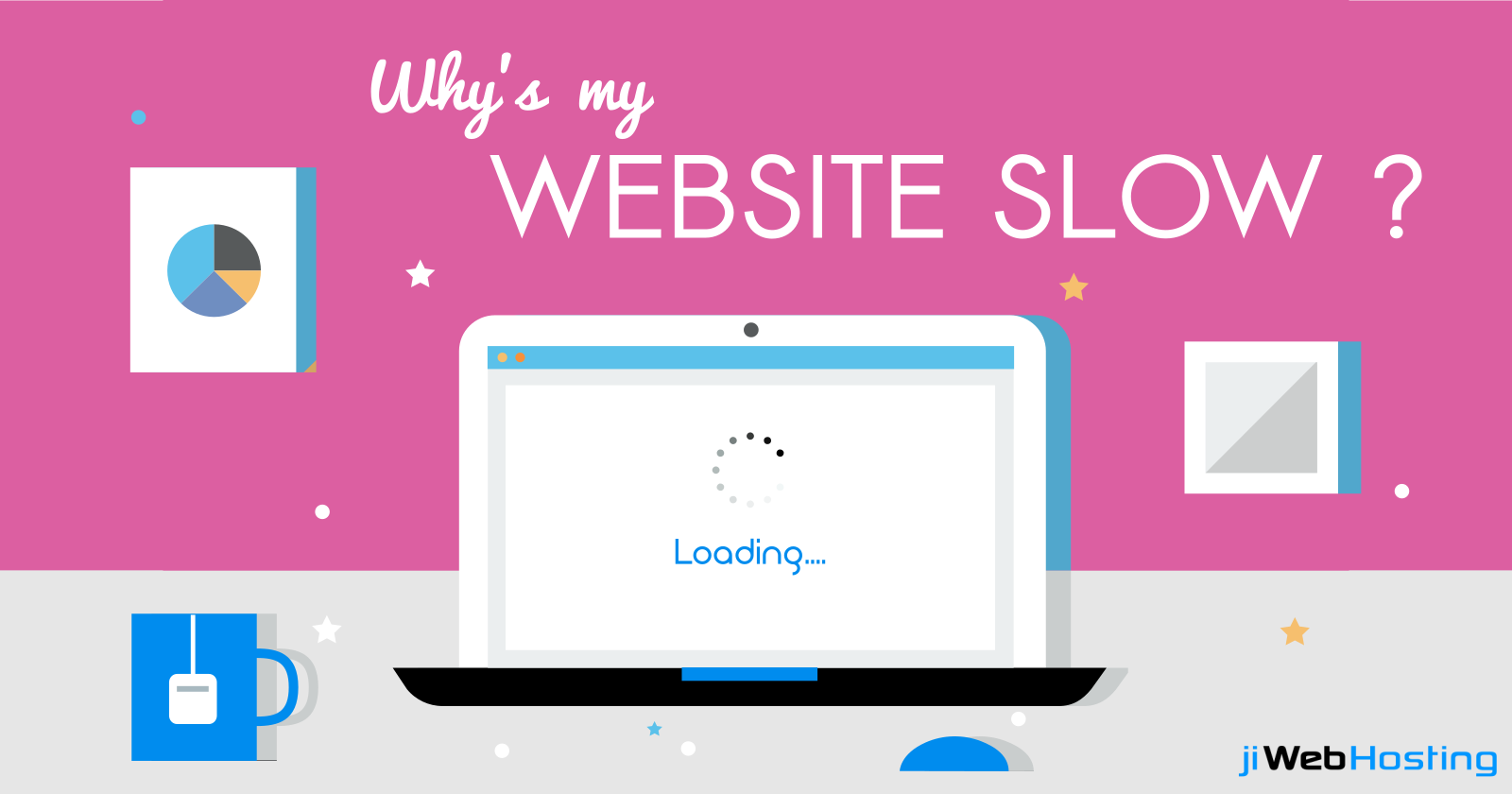We generally move to another website when it takes about a few seconds to load our desired website. If there is a page-load delay, we generally feel frustrated and abandon that website moving onto another one. The repercussion is the loss of potential revenue for the website owners. Delay in page load time also alters traffic and impacts the search engine rankings. According to the online retail giant Amazon, 100ms increase in latency results in approximately 1% reduction in sales for them.
According to Walmart, page loading time is inversely proportional to conversion rates. As indicated by their website analysis, with every 1-second reduction in site page loading time, their conversions saw a 2% increase. Your website speed also impacts the overall customer loyalty to your website as a slow loading website would lose potential visitors as well as has a tendency to frustrate its existing users and includes a danger of losing them in the long run. So, what precisely makes a website load slowly?
If it is the website speed, you may confront this issue occasionally. But, if your site does not perform well even with a good internet connection, you have to complete a fast survey of different parameters, which we shall talk about over the span of this article. Give us a chance to look at the best reasons that cause a website to slow down.
High-Resolution Images and Heavy Files: One of the significant reasons your website speed is running slow is because of files like display advertisements, high-resolution images or flash graphics. Bigger the file size, longer is the time it takes to load, thereby affecting the overall website speed. Hence, one of the simplest corrective measures leading to an exceptionally viable website speed is improving the high-resolution pictures decreasing any bandwidth related issues. The format of pictures also plays an important part in the website speed.
Multiple Ads: Adding advertisements to your website is certainly a profitable revenue generating strategy. However, having numerous ads on your website impacts the overall performance of your website. If not addressed effectively, it will prompt poor speed and extra time for processing the URL requests. Auto-Downloads and Pop-ups create multiple HTTP requests that may simply slow down the processing time of your website and makes it a cumbersome experience for the user.
Disproportionate Plug-ins: Plug-ins on the website directly affect the site loading speed. More the number of plug-ins (particularly when you are using the WordPress platform), slower is the site speed. You have to make sure there are not-too-many plug-ins as it might reduce the page loading time. If these plug-ins are not adding much value to your content, erasing them is a good corrective measure.
Web Traffic: If your website faces a sudden spike in the number of users and clicks, it is bound to affect the page load time of your website. You will generally pick a host that can oblige an average number of users of your website, however, a sudden spike in web traffic will prompt congestion and slow loading time. In case your business is heavily dependent on your website, this could prompt potential revenue loss.
Ineffective and Complex Coding: Your website is made with a few lines of code. The more intricate the coding is, the more is the time it takes to load. Your website developer needs to simplify the codes while creating the website which will bring about speedier load times. The website designer should be careful while coding and stay away from empty new lines, unnecessary blank spaces, and comments, to simplify the procedure.
Ineffective Hosting and Server Performance: In the event that you have a shared server, you will have to compete with different websites and their traffic keeping in mind the end goal to get your offer of the assets and bandwidth. In the event that other websites have higher processing requirements, your website may get influenced and confront a slow loading time. If you have settled all the above issues and embraced all the restorative measures, still, you are confronting slow website speed, at that point replacing your hosting provider is the ultimate solution.
Choosing an excellent VPS server or dedicated server for your website may also help you in speeding up the process.
There may be few other reasons causing your website to slow down, however, we have discussed some of the popular reasons behind the slow speed of your website. If you are able to take necessary precautions and avoid these occurrences, your website will perform incredibly well on most occasions. Hope the above information related to the root causes of the speed of a website prove useful to you. Feel free to share your queries or inputs in the comments section below.



































Share this post on: